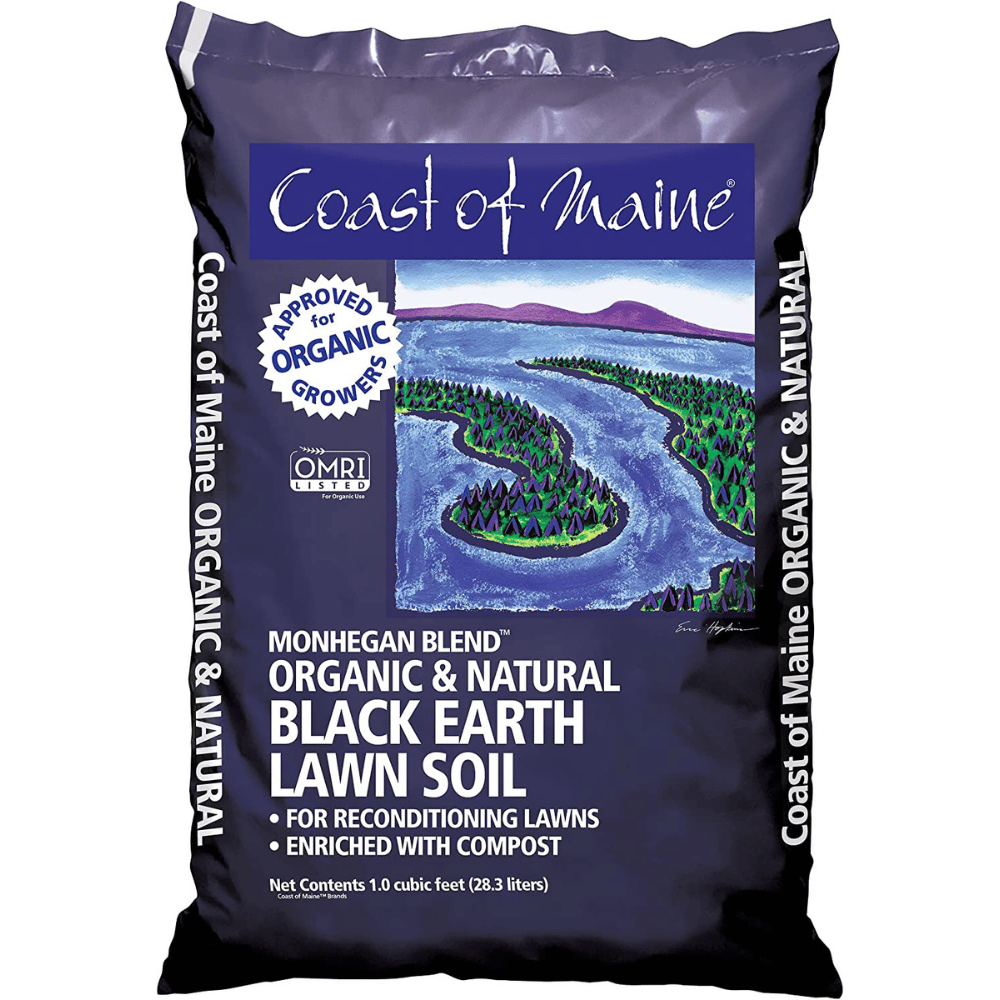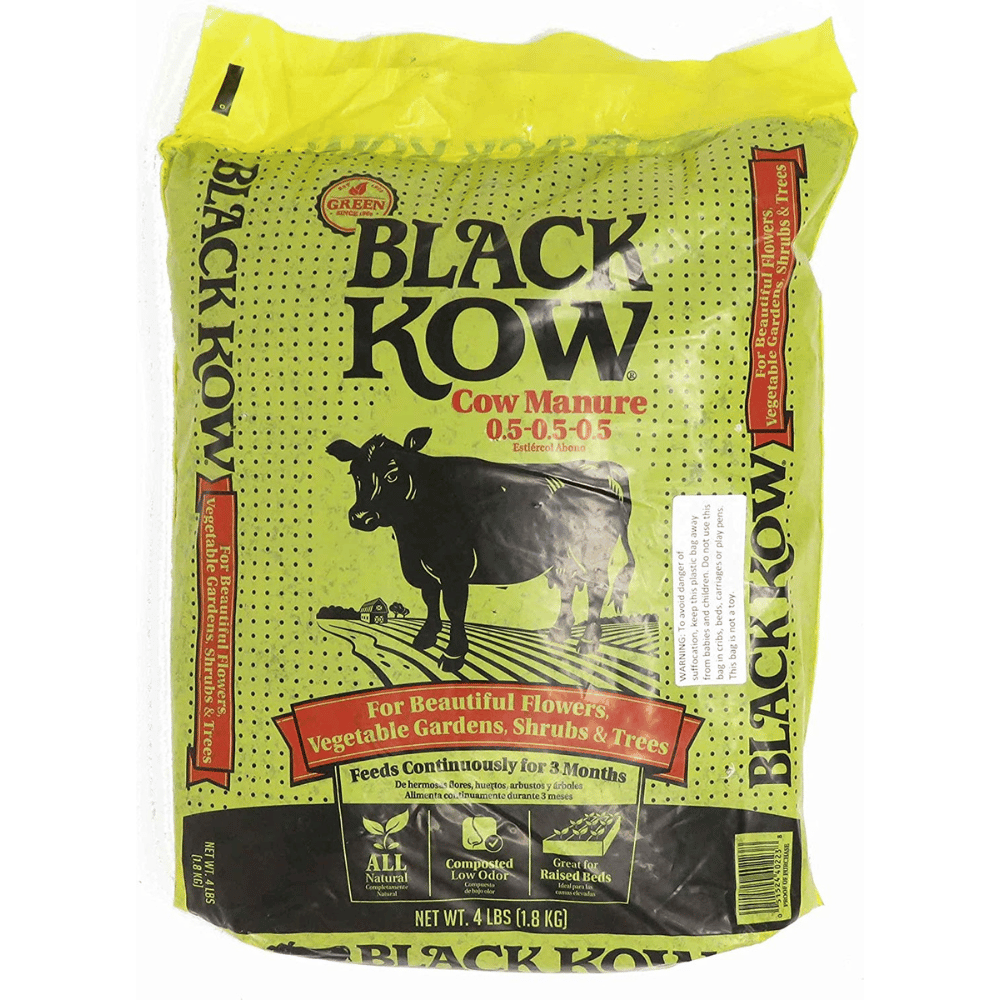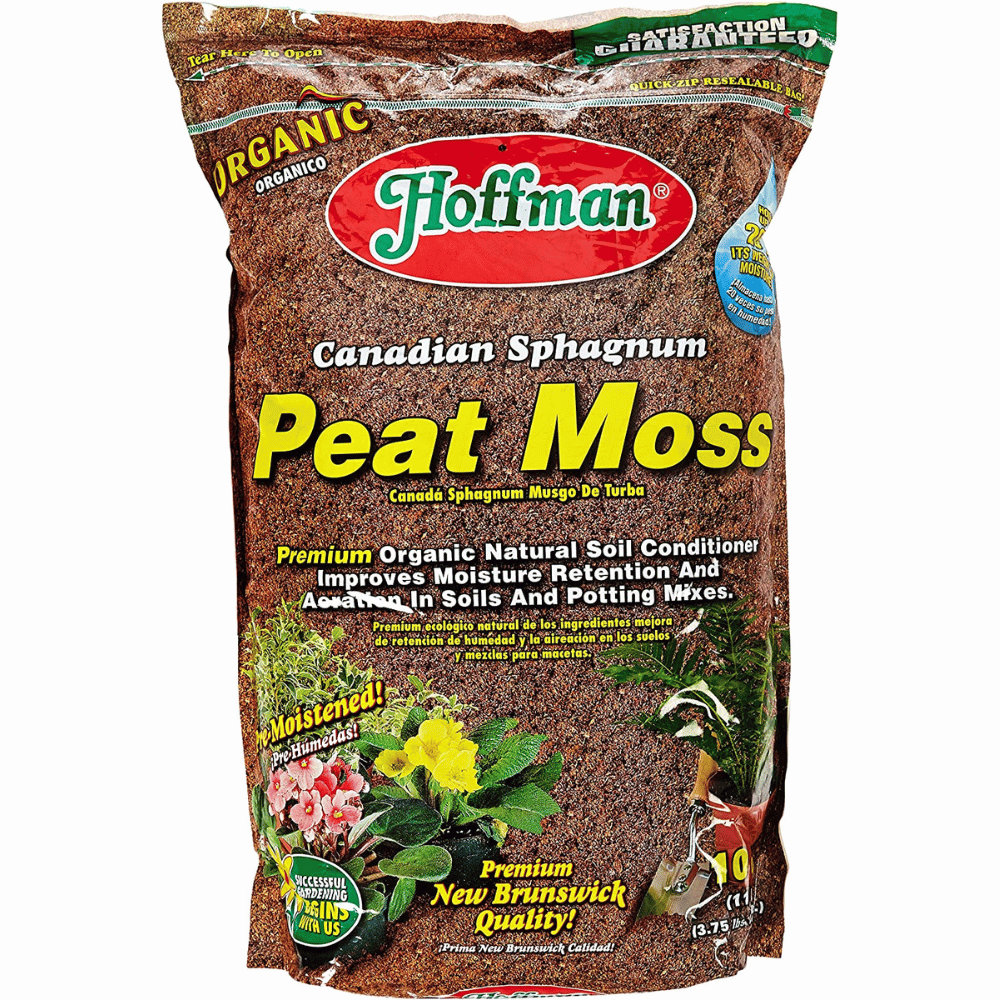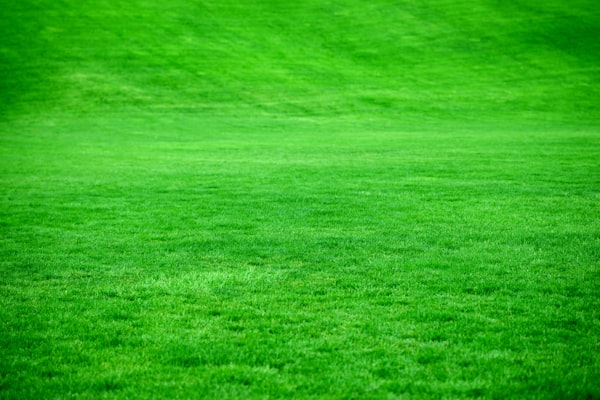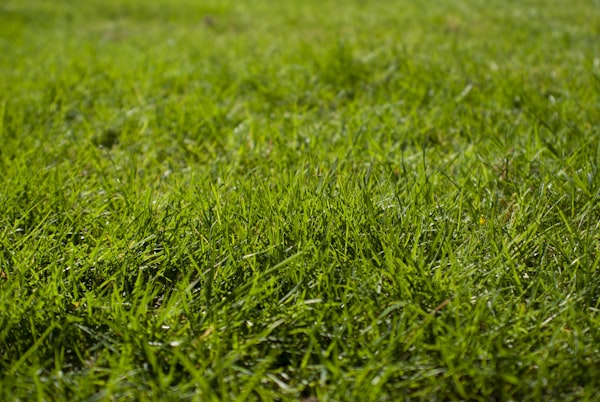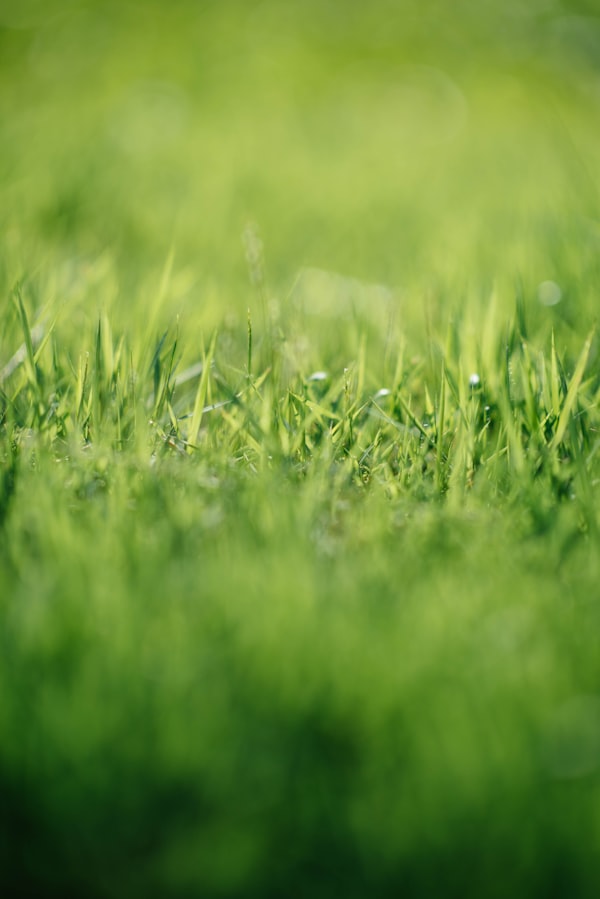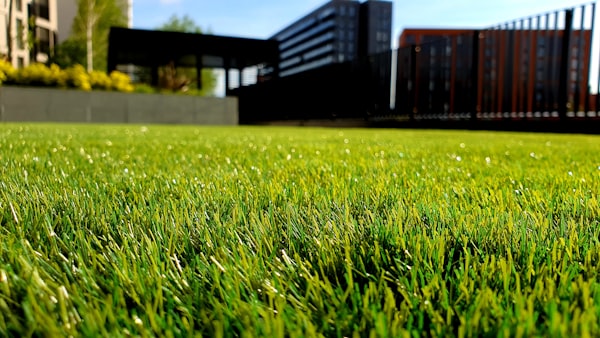Raised beds are a great way to grow plants in your backyard, and one of the most important factors to consider is the soil you use. The right soil mix can make a big difference in the health and productivity of your plants. In this article, we'll cover everything you need to know about the best soil for raised beds, including the types of soil, how to create your own mix, and common FAQs.
Types of Garden Soil for Raised Beds:
Topsoil: Topsoil is the upper layer of soil, which is high in organic matter and nutrients. It's a great option for raised beds, but make sure you're getting quality topsoil that's free of debris and contaminants.
Compost: Compost is made of decomposed organic matter and is a great way to add nutrients to your soil. You can make your own compost or purchase it from a garden center.
Peat Moss: Peat moss is a type of organic matter that's commonly used to improve soil structure and water retention. It's acidic, so it's a good choice for plants that prefer a lower pH.
Vermiculite: Vermiculite is a mineral that's often used to improve soil aeration and water retention. It's lightweight and can help prevent compaction in your soil.
Perlite: Perlite is a volcanic rock that's used to improve soil drainage and aeration. It's lightweight and can help prevent compaction in your soil.
Tips for an Amazing Raised Garden Bed
Raised bed vegetable gardens are a great way to grow your own produce and enjoy fresh, healthy food. Here are some tips to help you create an amazing raised bed vegetable garden:
Choose the Right Location: Pick a sunny location that receives at least 6-8 hours of direct sunlight per day. Avoid areas with poor drainage, as this can lead to root rot and other problems.
Build High-Quality Beds: Use materials such as cedar, redwood, or other rot-resistant wood to construct your raised beds. Avoid treated wood, which can leach chemicals into the soil.
Use Good Soil: Use a high-quality soil mixture provides good drainage, moisture retention, and nutrients. You can buy pre-made soil mix or make your own with compost, topsoil, and other organic materials.
Plan Your Garden Layout: Plan your garden layout carefully, taking into account the space needed for each plant and their sunlight and water requirements. Consider using companion planting to maximize space and deter pests.
Mulch: Use organic mulch such as straw, leaves, or grass clippings to help retain moisture, suppress weeds, and regulate soil temperature.
Water Regularly: Water your plants regularly, making sure not to overwater or underwater. A good rule of thumb is to water deeply once a week, or more frequently during hot, dry weather.
Fertilize: Use organic fertilizers such as compost or fish emulsion to provide your plants with the nutrients they need to thrive.
Harvest Regularly: Harvest your crops regularly to promote continued growth and prevent overripening. This also ensures that you get the freshest, most flavorful produce possible.
By following these tips, you can create an amazing raised bed vegetable garden that provides you with healthy, delicious produce throughout the garden season.
Creating Your Own Garden Soil Mix
If you want to create your own soil mix for raised beds, here's a simple soil recipe:
- 1 part topsoil
- 1 part compost
- 1 part peat moss or coir
- 1/2 part vermiculite or perlite
Mix all the ingredients together and fill your raised bed. This mix will provide a good balance of nutrients, water retention, and aeration.
How We Choose the Best
We understand the importance of choosing the best products for our readers. That's why we take a thorough approach to our research, including analyzing customer reviews, comparing features and prices, and conducting market research.
One of the key factors we consider when selecting products is customer reviews. We look for products with high ratings and positive feedback from customers, as this is a good indicator of the quality and performance of the product. Additionally, we compare features, pricing, and value for money to ensure that the products we recommend provide the best possible experience for our readers.
We take pride in our research and analysis, and we're confident that the products we recommend are the best in their category. So if you're looking for the best raised bed soil, rest assured that we've done the legwork to help you make an informed decision.
Coast of Main Premium Top Soil
Why We Love It
The Coast of Main Premium Top Soil is the perfect product to use for raised garden beds. This top soil is organic and nutritious, making it ideal for any kind of garden bed soil. This bagged soil is easy to spread and work with, allowing for quick and efficient planting and gardening. The nutrients in this premium top soil will also help promote healthy growth in plants, flowers, vegetables, and more. With one cubic foot being enough to cover a large area, it's the perfect choice for those looking to create a beautiful and healthy raised garden bed.
Black Kow Fertilize
Why We Love It
Black Kow Nitrogen Phosphate Composted Cow Manure Fertilizer is the perfect solution for anyone looking to create an organic garden. This 4-pound bag of fertilizer is ideal for soil mix, flowers, potted plants, raised beds, and compost tea. The organic nitrogen and phosphate found in this fertilizer helps promote strong root growth and vibrant foliage that will last all season long. With the added benefit of aeration from the composted cow manure, your plants will be able to take full advantage of the nutrients found in Black Kow’s fertilizer blend. Whether you are a beginner or a seasoned professional gardener, Black Kow’s Nitrogen Phosphate Composted Cow Manure Fertilizer is sure to help you get the best out of your soil mix and make your plants thrive.
Hoffman Peat Moss
Why We Love It
Hoffman Canadian Sphagnum Peat Moss is an ideal choice for any vegetable garden. The unique blend of sphagnum peat moss can help improve soil structure and aeration for healthier plants. This product helps to retain moisture and nutrients in the soil, so your vegetables will grow faster and stronger. It also helps to improve drainage, which may be necessary if your soil has a tendency to become overly wet. Overall, it's an excellent choice for improving the quality of your vegetable garden's soil so that it is more conducive to healthy plant growth.
Organic Vermiculite by Perfect Plants
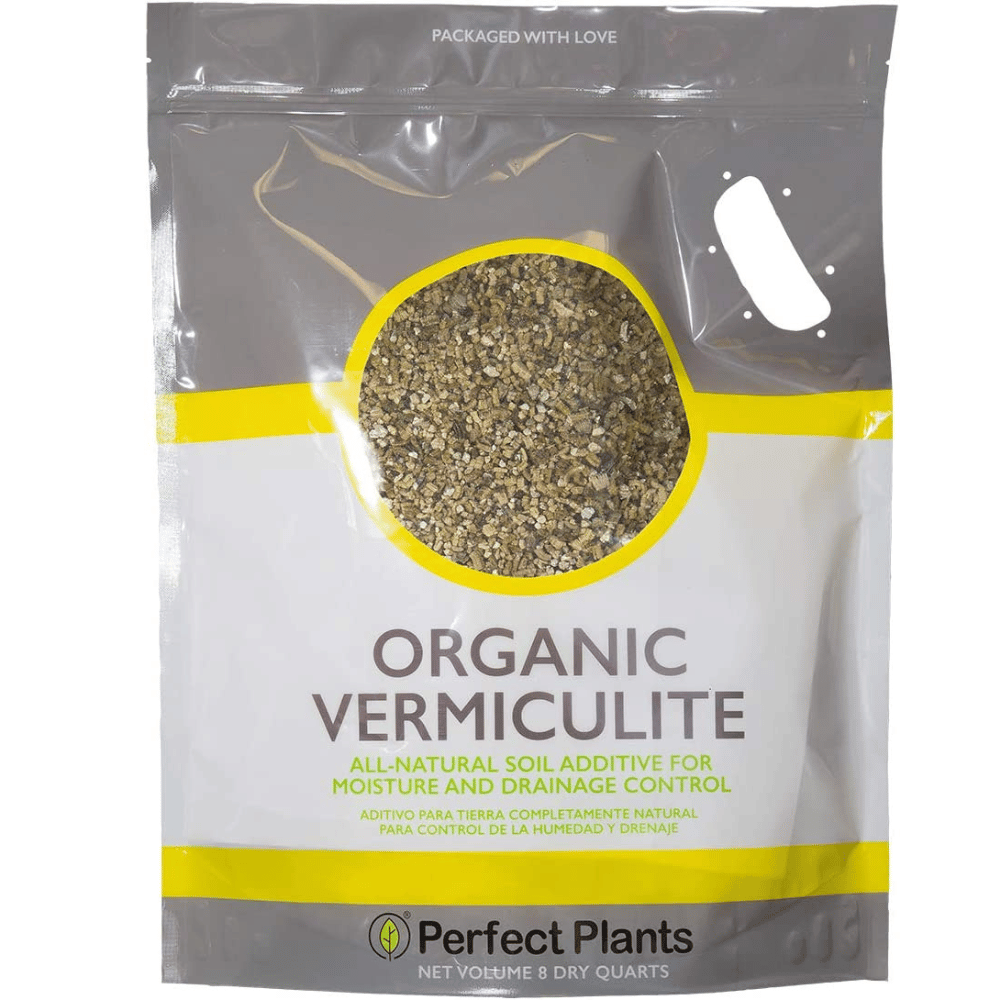
Organic Vermiculite by Perfect Plants - 8 Dry Quarts Natural Medium Grade Soil Additive for Potted Plants
Why We Love It
Organic Vermiculite by Perfect Plants is a great soil additive for potted plants. It comes in 8 dry quarts of natural medium grade and helps create a perfect blend of soil mix for your plants. Adding vermiculite to your plant's soil provides essential aeration, moisture retention, and insulation. It helps retain nutrients in the soil while preventing compaction which can cause root rot or other diseases. The organic vermiculite is lightweight and odorless, making it easy to work with when creating a custom soil blend or mix for your potted plants. With its ability to hold water molecules, you won't have to worry about re-watering your plants as often as before, saving you time and money in the long run.
FAQs:
Choosing the right soil for your raised bed is crucial to the success of your garden. With so many options available, it can be difficult to know which type of soil is best for your plants. In this section, we'll answer some common questions about the best soil for raised beds to help you make an informed decision.
Do I need to use fertilizer in my raised bed?
Fertilizer is not always necessary in a raised bed, but it's best choice for providing additional nutrients for your plants. If you do use fertilizer, choose an organic option that's suitable for your plants.
Can I reuse soil in my raised bed from the previous year?
Yes, you can reuse soil in your raised bed from the previous year, but it's important to replenish the nutrients in the soil. You can add soil and compost, fertilizer, or other organic matter to revitalize the soil.
How often should I water my raised bed?
The frequency of watering depends on the type of plants you're growing and the weather conditions. Generally, you should water your raised bed when the top inch of soil feels dry to the touch.
What makes the best soil for raised beds?
The soil in a raised beds should be nutrient-rich, well-draining, and have good moisture retention. It should also be free of contaminants such as pesticides and heavy metals. Look for soil that is labeled specifically for raised bed gardening, or consider creating your own mix using a combination of compost, topsoil, and other organic materials.
What is the ideal soil depth?
The ideal soil depth for a raised bed depends on the type of plants you plan to grow. As a general rule, most plants require at least 6 to 12 inches of soil depth to develop strong roots and establish a healthy root system. However, some plants such as root vegetables and tomatoes may require more soil depth to accommodate their deep root systems.
In general, a soil depth of 12 to 18 inches is sufficient for most vegetables and herbs. This depth provides enough space for root growth and allows for good drainage and aeration. If you're growing plants with deep roots, such as carrots or parsnips, you may need to fill the beds to a depth of 18 to 24 inches. For small plants such as lettuce or spinach, a soil depth of 6 to 8 inches may be sufficient.
Keep in mind that the depth of your raised bed should also take into account any drainage or irrigation systems you plan to use. You may need to adjust the soil depth to ensure that water can drain properly and that your plants have access to adequate moisture.
What is the ideal pH level for soil in raised beds?
The ideal pH level for soil in raised beds is between 6.0 and 7.0, which is slightly acidic to neutral. Most vegetables grow best in this range, although some plants such as blueberries prefer a more acidic soil.
Can I use regular garden soil in my raised bed?
Regular garden soil is not recommended for raised beds as it can become compacted and may not drain well. It may also contain weed seeds, pests, and disease-causing organisms. If you do use garden soil, it's important to amend it with compost and other organic matter to improve its structure and nutrient content.
Should I use synthetic or organic fertilizers in my raised bed?
Organic fertilizers are generally preferred in raised bed gardening as they provide a slow-release source of nutrients that are less likely to burn your plants. They also improve soil health by adding beneficial microorganisms and organic matter. Synthetic fertilizers are also an option, but should be used sparingly and according to package directions to avoid over-fertilizing and damaging your plants.
How often should I amend the soil in my raised bed?
It's a good idea to amend the soil in your raised bed each growing season to replenish nutrients and improve soil health. You can add compost, organic fertilizers, or other organic materials to improve soil structure and fertility. Over time, the soil in your raised bed may become compacted and may require more extensive soil amendments such as tilling or adding additional topsoil.
Conclusion:
Choosing the best soil for your raised bed is crucial for the health and productivity of your plants. Whether you choose to purchase a soil mix or create your own, make sure you're using quality ingredients that will provide a good balance of nutrients, water retention, and aeration. With the right soil, you can create a thriving garden in your own backyard.


